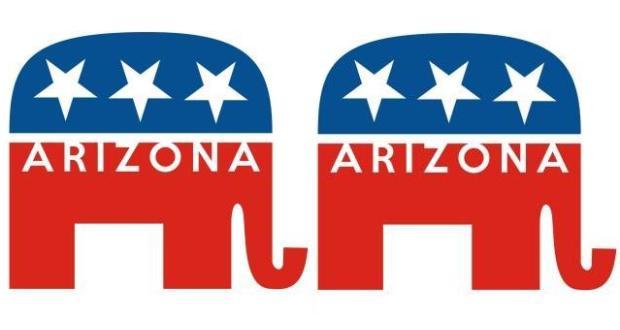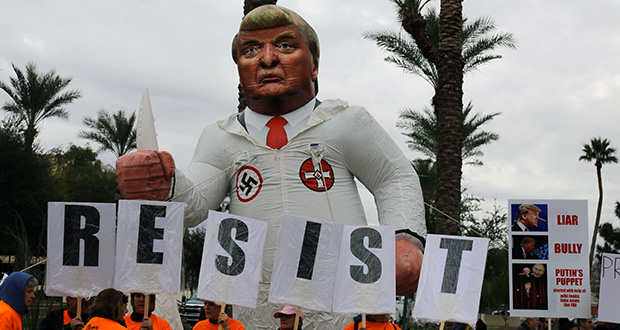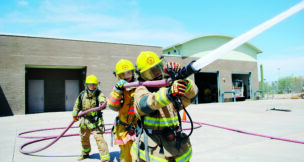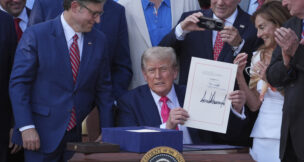Marijuana advocates turn in signatures for ballot measure
Ben Giles//June 30, 2016//
Campaign to Regulate Marijuana like Alcohol Chairman J.P. Holyoak announces his campaign filed more than 250,000 signatures to put marijuana legalization on the 2016 ballot. He...











































